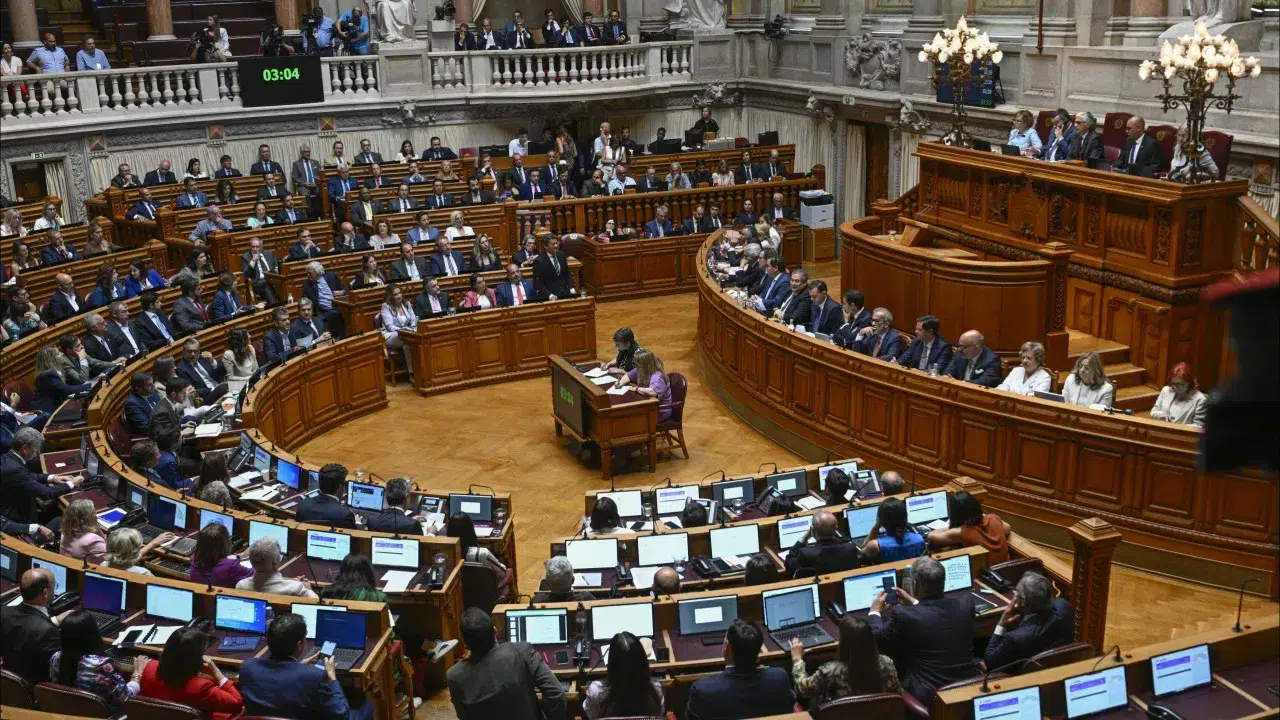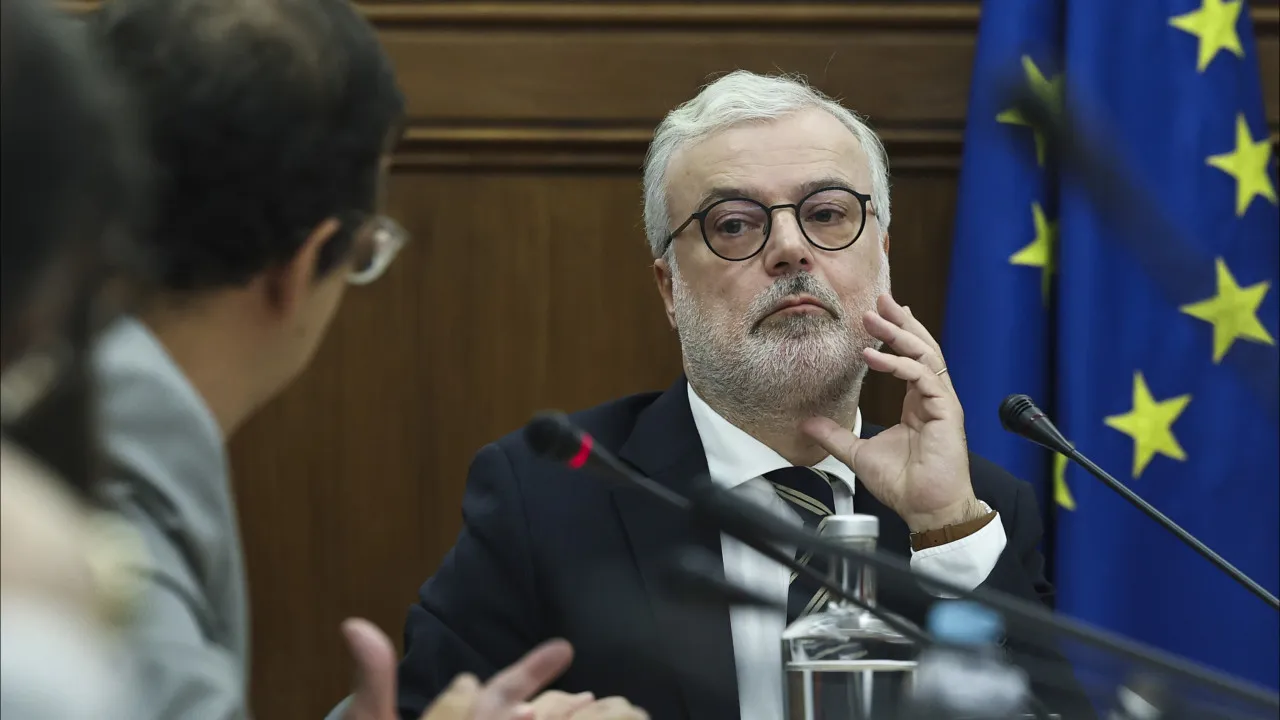
The chairman of the board of directors of the Baixo Alentejo Local Health Unit (ULSBA), José Carlos Queimado, indicated that the situation of patients without a family doctor in the region has “worsened significantly”.
“We finished the year [2024] with around 12,000 [patients] without a family doctor and have now increased by about 7,000. Thus, at present, we once again have 19% of patients without an assigned family doctor,” he revealed.
The issue, according to the ULS official, who covers 13 of the 14 municipalities in the district (except for Odemira), is due to the increase in the number of professionals who have retired and, consequently, the low percentage of new doctors completing their course at the institution or applying for open vacancies.
The municipality of Beja is the most critical, currently accounting for “8,000 patients without a family doctor,” followed by Moura and Serpa with “3,000” each.
“Of the 19,000 patients, 14,000 are in just these three municipalities, so it’s a complicated situation,” he assured.
José Carlos Queimado also admitted that there are “some” General and Family Medicine professionals returning to the local health unit on retired doctor contracts, but they reduce their hours and “do not take on the same number of patients as before.”
Nonetheless, the official expressed hope that the situation could reverse due to the opening of the first phase of the national contest for family doctors, in which ULSBA secured three special vacancies.
“This is very important because it means that, for six years, the doctor receives about 40% more salary compared to if the vacancy is not special,” which “can be an attractive factor for our choice,” he stated.
Of these special vacancies, two were allocated to Beja and one to Serpa.
“In March/April, none of our interns finished, only two finish in September/October. One of them is in Serpa, and we expect them to stay there,” he continued.
According to José Carlos Queimado, by that time, “likely, the patients without a family doctor in that municipality will reduce by half, as they will take care of 1,750 [patients].”
“But we have to wait until then. In the meantime, we hope to be lucky and hope someone chooses us,” he said, hopeful.




